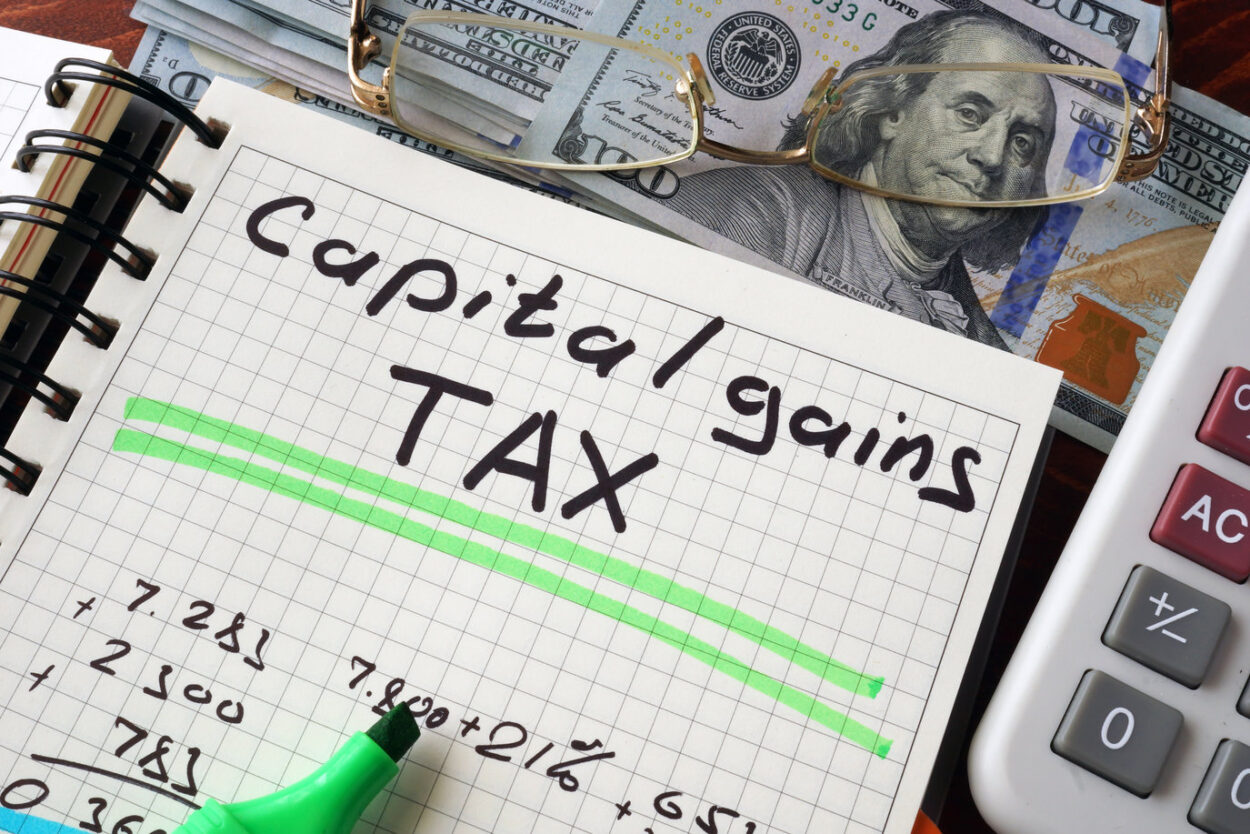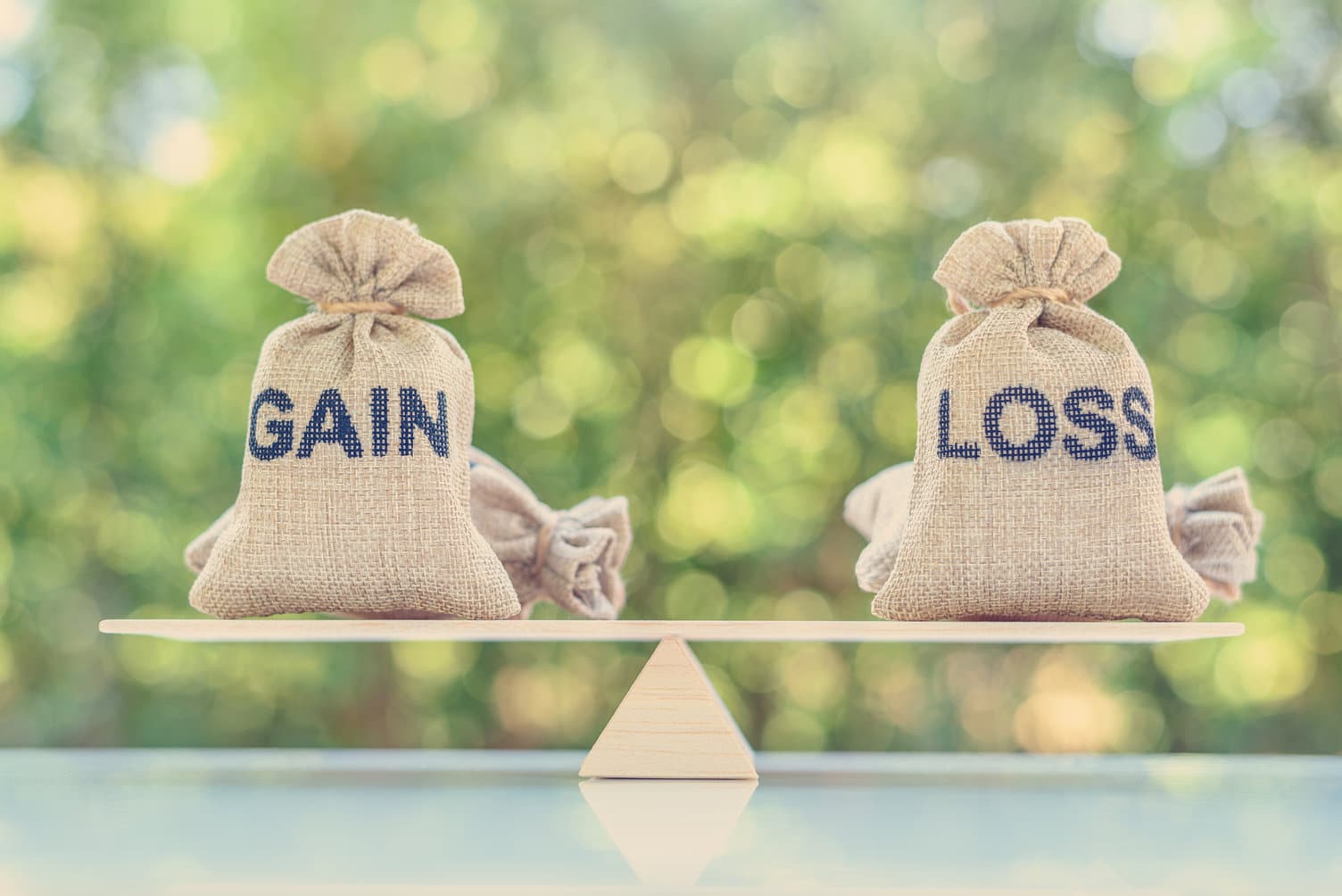Jasmine Birtles
Your money-making expert. Financial journalist, TV and radio personality.


The Capital Gains Tax bill has been rising in recent years, and concerns have been raised about how many people might be overpaying because they don’t fully understand the system. There’s no doubt that it is one of the more complicated forms of tax that we might find ourselves paying. So, where do we start in trying to decipher it?
Here’s what you need to know about this sneaky tax, including how it’s calculated, whether you’re eligible to pay it, and how you can increase your tax efficiency so that you can end up with the lowest possible bill…

In short, Capital Gains Tax is the income that you make on an investment. This might mean, for example:
There are other forms, including selling something on for more money than you bought it for, but these are the two most common.
Capital Gains Tax comes into play when you “dispose” of an asset and receive an income from it. This includes selling, gifting, swapping with or transferring to someone else, or if you receive compensation if it’s lost or destroyed. More on that here.
In the 2020/21 financial year, the Capital Gains Tax allowance is £12,300. This means that any income you receive on your investments up to that amount is not liable for tax. So, for example, if you have a rental property that you charge £1000 a month for, the £12,000 per year that you gain from it will not be eligible. If you increased the rent and your income then became over £12,300, though, you would need to start paying.
There are two different rates – one for property, and one for other assets. Basic rate taxpayers pay a 10% rate on assets and an 18% rate on property, whilst higher rate taxpayers pay 20% on assets and 28% on property.
It’s important to remember that this is not on the entire £12,300, but on anything above it. So if you had an income from a rental property of £13,300 and were a basic rate taxpayer, you would pay tax on 18% of £1000 – so your bill would be £180.
You must declare any amount over £12,300, or you could be brought up on charges of tax fraud.
Children are exempt from paying Capital Gains Tax. You are also exempt when selling a house that you live in, e.g. if you move to a larger family home and your old house has appreciated in price since you bought it (note that this is different from selling a second home, which is not exempt).
If you’re living abroad, you must still pay Capital Gains Tax for any properties you are making a profit on in the UK – but not on your other assets.
As mentioned already, every person has an exemption of up to £12,300 – so if your income from assets is below this you won’t need to pay anything.
There are other instances of when you might be exempt from paying Capital Gains Tax, for example if you’re making a gift to your spouse or to a charity, detailed on Gov.uk.

There are lots of ways to reduce your Capital Gains Tax bill. Here are just a few of them…
As we’ve discussed, you have an exemption on Capital Gains up to £12,300. If you want to be tax efficient, make use of this allowance. Spread out any gains that you’re likely to make, for example by selling some shares this year and some the year after (thus not going above £12,300 in one financial year).
There are a few different ways to sell and buy back your assets. These methods could protect these assets from being included on your Capital Gains Tax bill.
You could sell an asset to a spouse and then immediately buy it back, which is known as the ‘bed and spouse’ technique. You could sell the assets, before immediately buying them back and protecting them in an ISA (the ‘bed and ISA’ technique). There is also the ‘bed and SIPP’ method. This method sees people saving for retirement sell their assets, before buying them back into a Self-Invested Personal Pension (SIPP).
Your rate of Capital Gains Tax is based on your income. This means that you could lower your bill by lowering the Income Tax that you’re eligible to pay. One way to do this is to pay more of your income into your pension pot, helping to avoid this money being taxed. This might be a good way to decrease your Capital Gains Tax bill if you’re on the cusp between being a basic and higher level taxpayer.
How are you dealing with Capital Gains Tax? Got any clever tips to share? Let us know over on the forums!
Need more advice on taxes? Read these articles next!

This article is completely wrong. You pay income tax on rental income not CGT. You usually only pay CGT when you sell a second home
The sentence that may have been unclear regarding rental income and CGT has been clarified.
I felt this information is a condensed version of HMRC Guidance, however some critical point covered here.
Some useful information here.